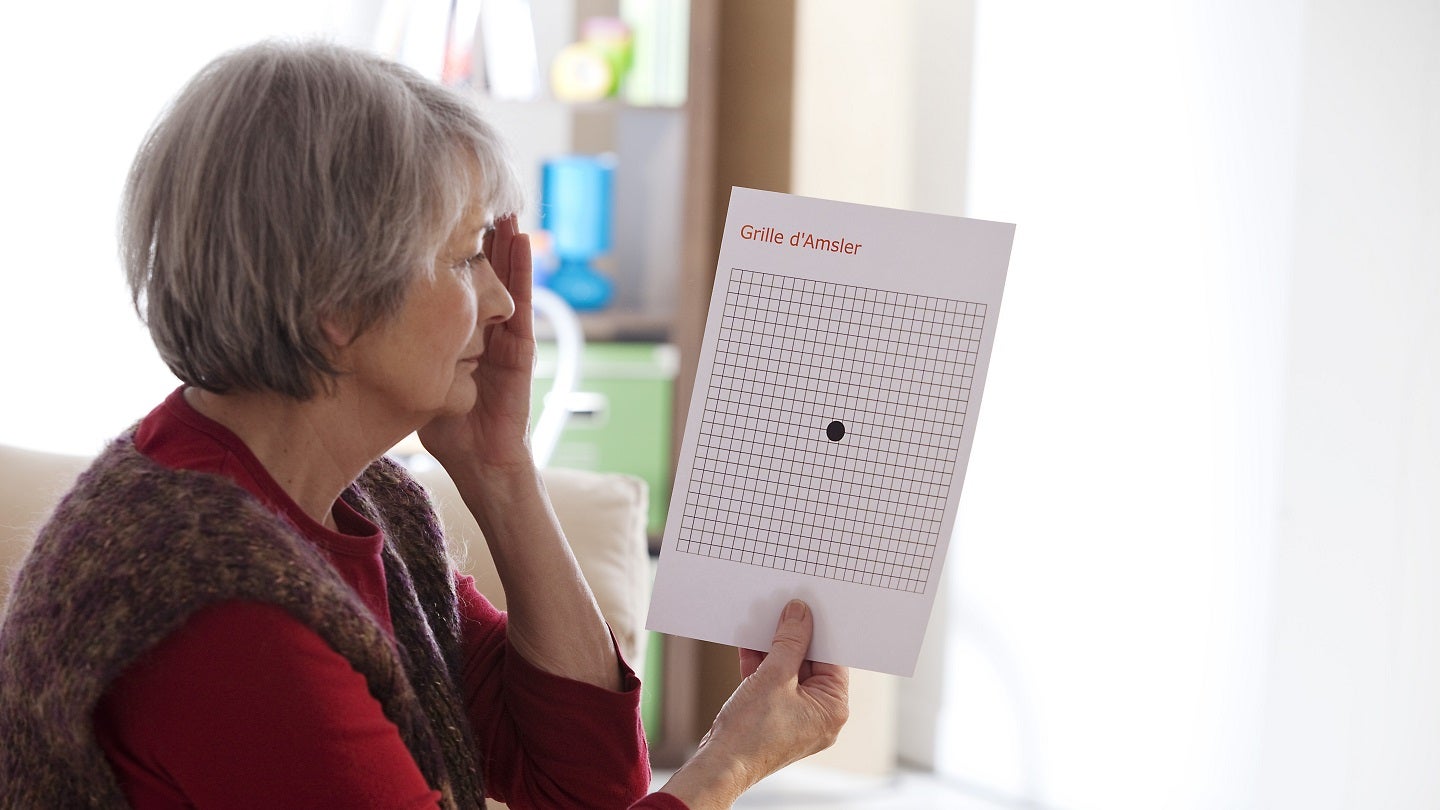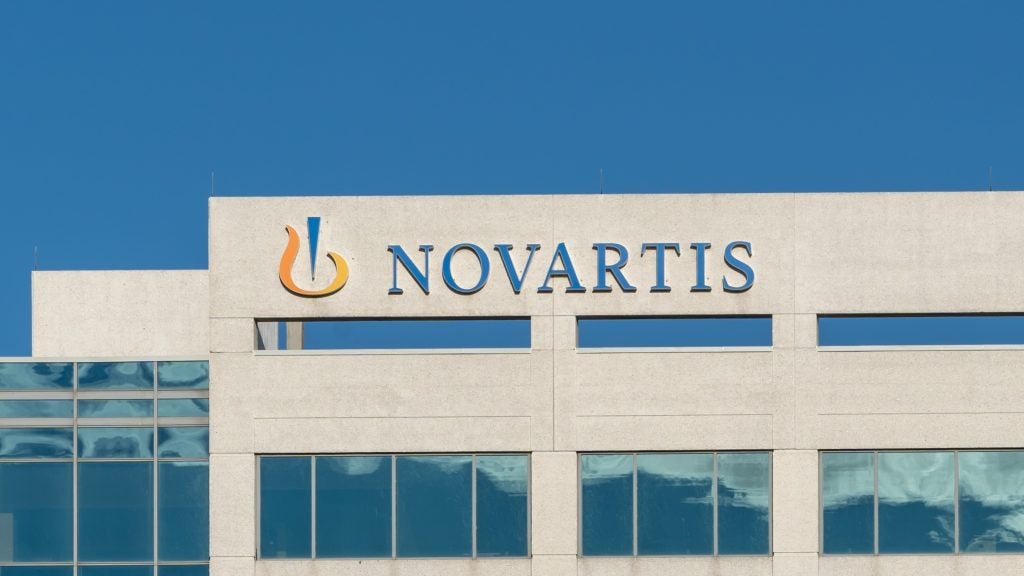
The US Food and Drug Administration (FDA) has granted approval to Regeneron Pharmaceuticals’ EYLEA HD 8mg injection (0.07mL of 114.3mg/mL solution).
Jointly developed by Regeneron and Bayer, EYLEA HD (aflibercept) is indicated for the treatment of wet age-related macular degeneration (wAMD), diabetic retinopathy (DR) and diabetic macular oedema (DME).
The recommended dose across all indications is EYLEA HD 8mg every four weeks for the initial three months.
EYLEA HD is then given every eight to 16 weeks in wAMD and DME and every eight to 12 weeks for DR.
The approval is based on two active-controlled, double-masked pivotal trials, PULSAR in wAMD and PHOTON in DME.
See Also:
Bayer is the lead sponsor for PULSAR and Regeneron for PHOTON.
How well do you really know your competitors?
Access the most comprehensive Company Profiles on the market, powered by GlobalData. Save hours of research. Gain competitive edge.

Thank you!
Your download email will arrive shortly
Not ready to buy yet? Download a free sample
We are confident about the unique quality of our Company Profiles. However, we want you to make the most beneficial decision for your business, so we offer a free sample that you can download by submitting the below form
By GlobalDataConducted in multiple centres worldwide, these studies compared EYLEA HD to EYLEA (aflibercept) injection 2mg for 48 weeks.
Patients who received EYLEA HD in both trials had three initial monthly doses while those treated with EYLEA received three initial doses of PULSAR and five of PHOTON.
Both PULSAR in wAMD (N=1,009) and PHOTON in DME (N=658) met their primary endpoint demonstrating non-inferior and clinically equivalent vision gains with EYLEA HD.
The majority of patients randomised at baseline to EYLEA HD 12 or 16-week dosing regimens also maintained these dosing intervals through the 48-week period.
The most common adverse reactions reported in patients treated with EYLEA HD were increased intraocular pressure, conjunctival haemorrhages and cataracts.
Other adverse reactions included retinal haemorrhage, corneal epithelium defects, vitreous detachment, vitreous floaters, eye irritation and blurred vision.
Regeneron chief scientific officer, president, board co-chair and EYLEA principal inventor George Yancopoulos stated: “Our continued commitment to retinal diseases resulted in an important scientific innovation – evolving the proven efficacy and safety of EYLEA into a new treatment, EYLEA HD, that provides lasting vision control with even fewer injections to further benefit those living with wet age-related macular degeneration or diabetic retinal diseases.”





